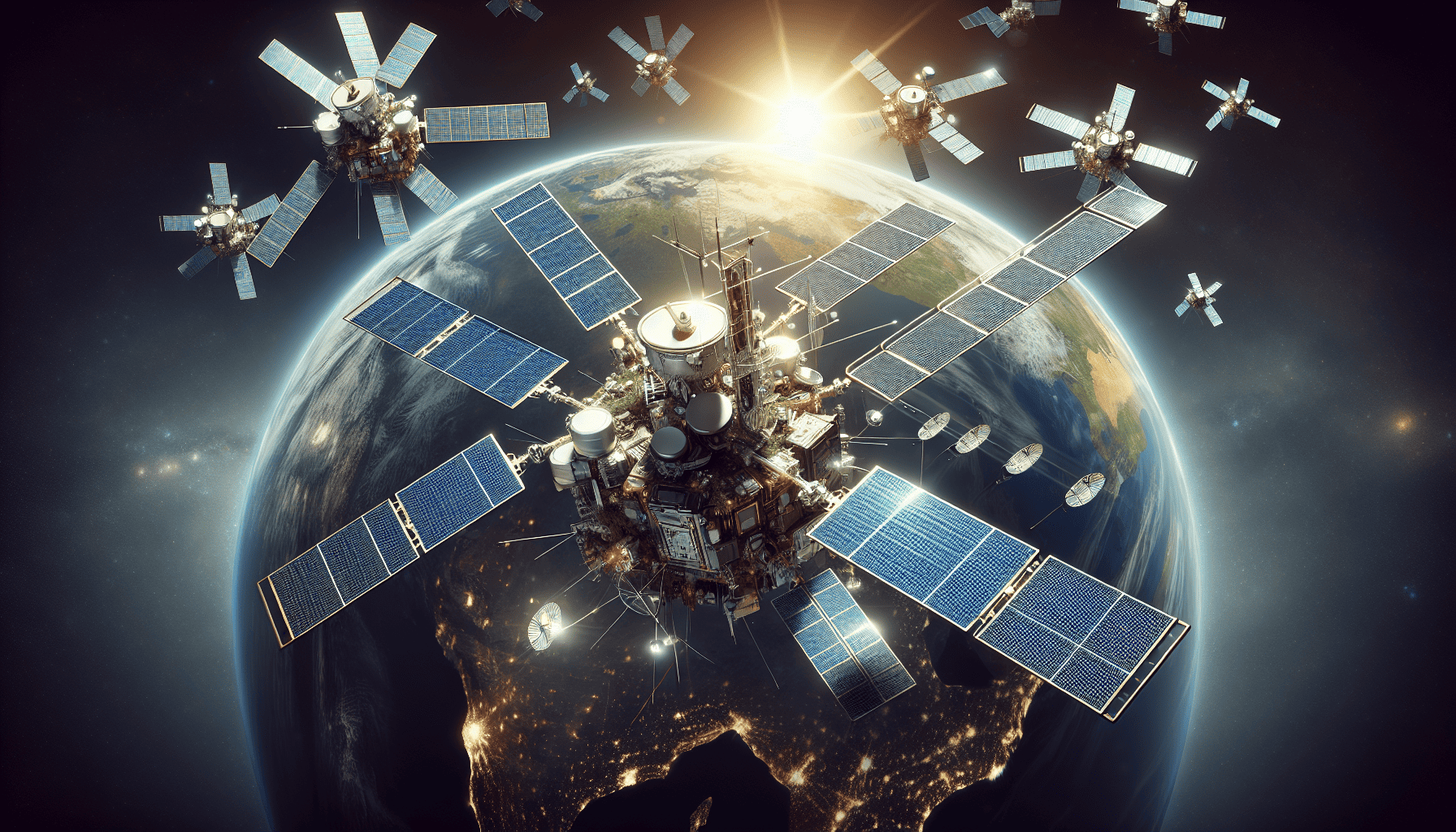In an increasingly interconnected world, the demand for reliable and seamless communication has reached unprecedented levels. Satellite communication systems have emerged as a cornerstone in addressing these needs, offering a sophisticated solution that bridges the gaps left by terrestrial infrastructures. By providing global coverage and robust connectivity, satellite communication systems are transforming the way information is transmitted across the globe.
Satellite communication technology has evolved significantly over the years. Modern systems are designed with cutting-edge technology that ensures high levels of reliability and efficiency. These advancements have been driven by the pursuit of global connectivity, where traditional means fall short. For instance, remote and rural areas, unserved by conventional internet services, can now access essential communication channels through satellite networks.
One of the broader impacts of satellite communication is its role in disaster management and emergency response. In crisis situations where terrestrial networks are often disabled, satellite systems provide a vital communications lifeline. Rapid deployment and resilience in harsh conditions make them indispensable for coordinating relief efforts, ensuring real-time information exchange among responders, and aiding in saving lives.
The maritime and aviation industries also benefit significantly from satellite communication solutions. Ships, aircraft, and autonomous vehicles can maintain constant communication irrespective of their location. This ensures safety, facilitates efficient navigation, and enhances passenger and cargo transport services.
Moreover, the surge in demand for high-speed internet has accelerated the deployment of satellite networks. Initiatives like Low Earth Orbit (LEO) satellites are a testament to this evolution. These satellites orbit closer to the Earth, reducing latency and providing faster internet speeds. As they form a network constellation, they offer unprecedented global coverage, reaching underserved or previously unreachable regions. The deployment of LEO satellite constellations is a game-changer, providing opportunities not only for internet access but also for education, healthcare, and commerce in underdeveloped areas, driving social and economic growth.
Another emerging application of satellite communication is in the field of Internet of Things (IoT), where large networks of devices can benefit from seamless and expansive connectivity. Satellite-enabled IoT solutions facilitate the collection and transmission of data from remote sensors and machinery, crucial for sectors such as agriculture, environmental monitoring, and resource management.
However, the expansion of satellite communications is not without challenges. Issues such as space debris management, frequency spectrum allocation, and the impact on the night sky need to be addressed through international cooperation and regulation. Sustainable practices in manufacturing and launching satellites also play a vital role in minimizing the ecological footprint of expanding satellite networks.
Investments in satellite technology continue to drive innovation, with an increasing number of private companies entering the space race, pushing boundaries, and actualizing new business models. Governments worldwide are also recognizing the potential of satellite communications in their digital infrastructure plans, contributing to enhanced services for citizens and bolstering national security.
In conclusion, satellite communication systems are revolutionizing global connectivity, providing solutions that reach beyond the capabilities of conventional networks. As technology continues to advance, these systems will become even more integral to both daily life and critical global operations, fulfilling the ever-growing demand for reliable and far-reaching communication solutions.
